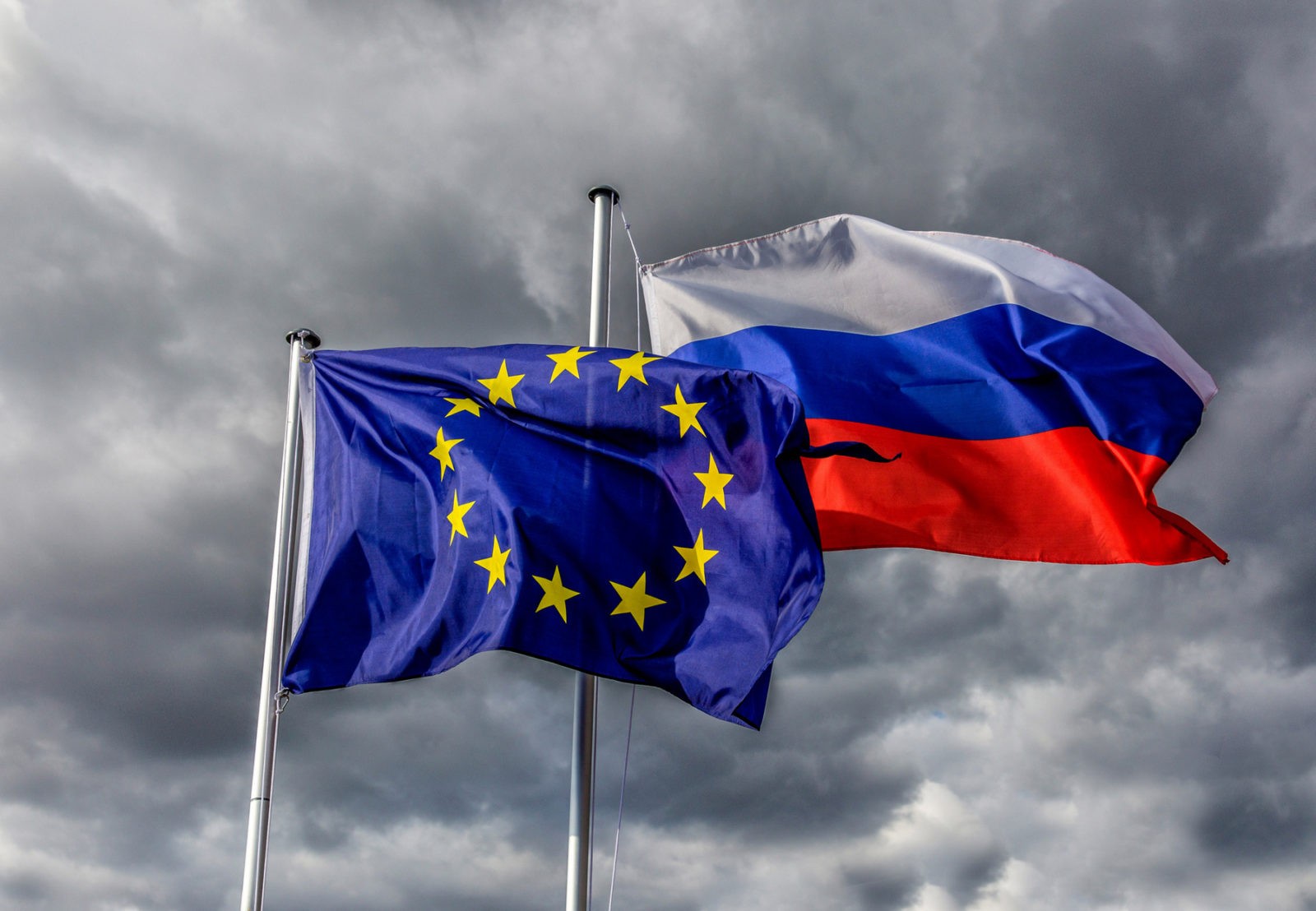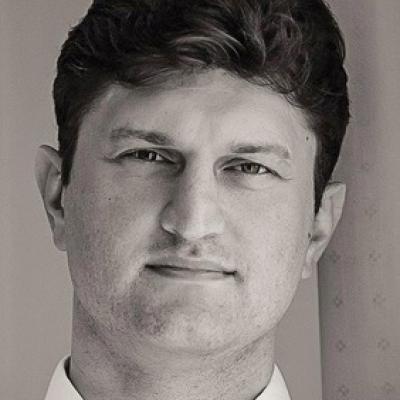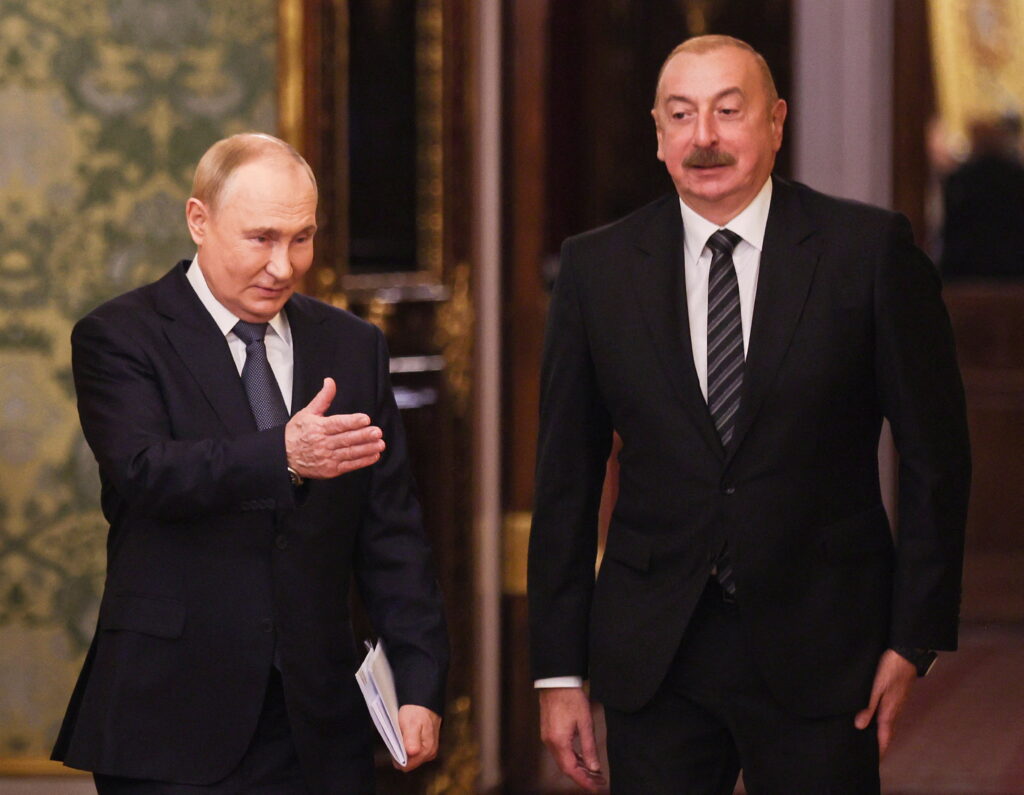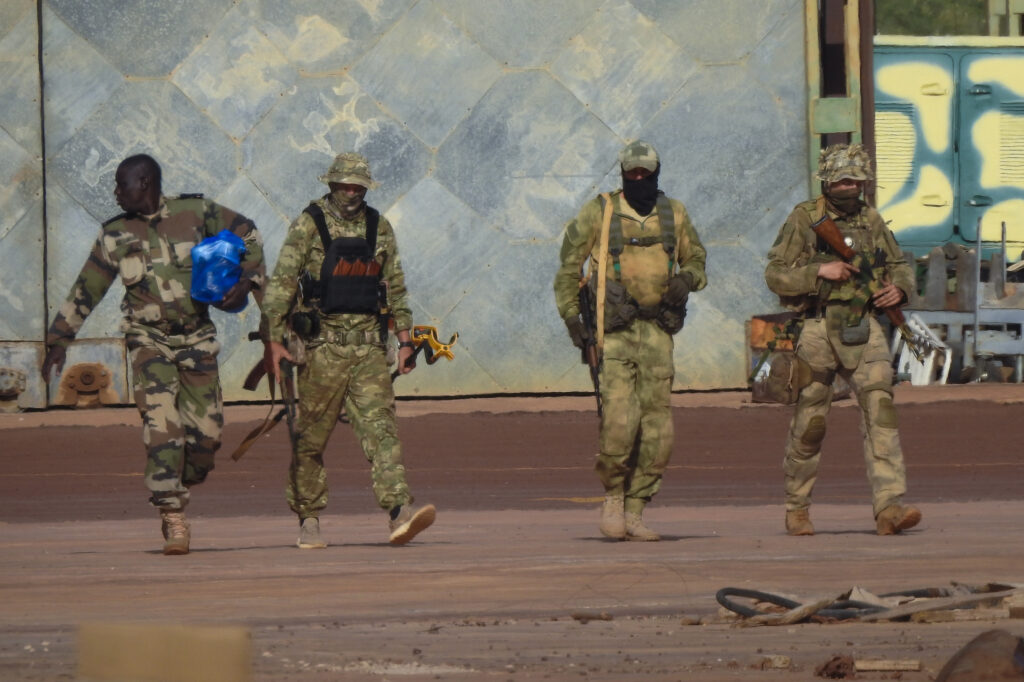The Kremlin has reason to celebrate victory over the “collective West.” After over two years of absence, Russia is now allowed back in the Parliamentary Assembly of the Council of Europe (PACE). A tactic based on a refusal to pay contributions and on an ultimatum has worked.
Russia’s return to PACE came via a resolution adopted on the basis of a report by Belgium’s Petra de Sutter. That resolution effectively annulled prior restrictions imposed on the Russian delegation. Those restrictions were a response to the Kremlin’s aggression in Ukraine. In return for its readmittance, it does not seem that Moscow made concessions. From 2014, the Assembly adopted seven resolutions demanding the Russian authorities restore the territorial integrity of Ukraine; that they stop persecuting Crimean Tatars; that they immediately release Ukrainian seafarers captured in the Kerch Strait, as well as all illegally detained individuals, hostages and prisoners of war, and so on. And yet, so far Russia has completely ignored those demands. As a result, the compromise has come only at the expense of PACE. Such “compromises” are called “one-goal game” or unconditional surrender.
It’s all in the name of Russia
From the very beginning of the summer session, the actions of Ukraine and its allies seemed doomed. Many national delegations came to Strasbourg with a firm intention to return Russia to the PACE. In fact, this was a consequence of the decision taken a month earlier in Helsinki by the Committee of Ministers of the Council of Europe to resume dialogue with the Kremlin. 39 out of 47 countries in Helsinki called for equal participation of all members of the organisation in all its bodies. The majority did not want to wait until June, when Russia could be formally excluded from the organisation for its failure to pay membership fees.
However, there was no time for this political decision to be formalised in the PACE, so de Sutter’s report was reviewed with hasty violations and deviations from the rules. Polish delegate Andrzej Paciej ironically noted that many participants of the meeting were in a hurry to dive into the swimming pool without making sure that there was some water in it. According to the rules, any national delegation must contact the PACE no later than one week before the session. In the case of Russia, this rule was not observed, as its application was submitted at a time when the session was already in full swing. Such derogations had earlier been made in respect of Greece (1974) and Turkey (1984). Yet in both those earlier cases it was a matter of encouraging those countries to abandon military dictatorship. In Russia, no similar developments have taken place. Instead, the government has been ramping up media censorship. It has been persecuting its political opponents and imposing new restrictions on the rights of its citizens.
It was a blatant yet symbolic violation that PACE President Liliane Maury Pasquier single-handedly postponed to autumn the celebrations of the 70th anniversary of the Council of Europe, which were already on the agenda of the summer session. Thus, the organisation broke its own procedures and sacrificed even its own anniversary. All for the sake of lifting sanctions against a country whose actions, in the documents of PACE, were found to be contrary to the Charter of the organisation and in flagrant violation of international law.
Time of ultimatums
PACE is an ever-changing structure. Parliamentary elections sometimes lead to a rotation of members of national delegations. However, this does not explain the radical change in the positions taken by countries such as France, Finland, Germany, Italy, Norway, Iceland and the Netherlands. All these countries contributed to returning Russia to Strasbourg. Interestingly, the majority of those who voted to impose restrictions on the Russian delegation, and then suddenly advocated their abolition, are members of socialist and social-democratic parties. As a rule, they justified their position by the need to get out of the deadlock in the relations with Russia. They say that five years of sanctions have not yielded any results, and it is ordinary Russians who may suffer in the end as they risk losing access to the European Court of Human Rights. After all, someone has to take the first step.
Europe made this step in the expectation that after such a significant concession Moscow will have to return serve. However, will the latter reciprocate? So far, the contrary is true. Officials are stating that Russia will not install resolutions adopted in its absence. Further, the Kremlin, will not miss chance to exploit this for propaganda. All to show that European sanctions are not sanctions, and Europe itself is not so principled after all.
Thus, after making a circle, the situation is very likely to return to the initial deadlock. However, this time Europe’s passive stance discredits the authority of international law and its institutions. It intensifies intra-European contradictions. The countries of “New Europe” sometimes are reproached by Brussels for the pro-American orientation in their foreign policy. However, as Paris and partly Berlin assent the Kremlin, this will only increase much of Eastern Europe’s attraction to America. And it is unlikely to contribute any further to the consolidation of the community of European democracies.
The worst part of the story is that Moscow introduced a trend to offer ultimatums. The Russian case has shown that Europe can be pushed down by blackmail and stubbornness. And that is a very bad signal. Kyiv was the first to sense it: after a meeting of the Committee of Ministers in Helsinki, Ukrainian Foreign Minister Pavlo Klimkin, who was disappointed with its outcome, said that in response to the lifting of the sanctions from the Russian delegation to the PACE, Ukraine would stop observing the Minsk agreements and recall its representative to the Council of Europe. Later, at the summer session of the Assembly, the Ukrainian delegation left the meeting room in protest. It refused to vote for the new Secretary General of the organisation. Further, seven national delegations immediately said they were returning home early to consult their respective governments. In this situation, the precedent of successful ‘trade in threats’ is of paramount importance. Whether or not Ukraine will be able to successfully use the Kremlin’s tactics in the future does not matter. What does matter is that the demand for ultimatums has now grown. And that does not make our continent any safer.
Europe has immersed itself in thoughts
Why has this course of events become possible in the Council of Europe? First of all, Europe is going through a tough time. The unpredictability of President Donald Trump, the trade wars between the United States and China, the strengthening right-wing populists in national parliaments, an endless Brexit, the sluggish GDP growth in the eurozone, and the erosion of democratic institutions in Poland and Hungary are just some of the headaches. There are many problems, and there is no consensus in the ruling circles of the “Old World” on how to tackle them. However, it is clear the Kremlin’s aggressive policies are a lower priority.
Besides, there is a widespread belief among left-wing European politicians that Moscow is challenging not Europe as such but, rather, Washington’s dominance. They understand the Kremlin’s demands to acknowledge its exclusive right of influence in the post-Soviet space. And they believe Moscow’s appetite will not reach any further. According to this logic, Russia will desist if amicable agreement on Ukraine and Georgia comes.
Another reason behind the recent developments is the nature of the Council of Europe. At first, its mandate was to protect the ideals and principles that are common to the entire Western world: human rights, democracy and the rule of law. But unlike the EU or NATO, the Council of Europe was a far less demanding to potential applicants. Countries with serious human rights flaws and dysfunctional democratic institutions were often admitted. As a result, the number of members of the organisation would grow rapidly. But it was coupled with a proliferation of differences in perceptions of common ideals and principles among its members.
Whenever member states with hybrid political regimes made even the slightest steps towards authoritarianism, this created tensions within the Council of Europe. In such cases, the question of adherence to the ideals and principles enshrined in the Statute would give way to only one task: to preserve dialogue with ‘problem members’. The Council of Europe has never suspended the membership of its member countries. Of course, this practice has only increased the chances of success for Russia’s policy of ultimatums, and it will be conducive to this policy in the future.
Most likely, in order to stop staining its reputation in the end the Council of Europe will need to address the issue of its enfants terribles. It will have to and develop an effective mechanism to respond to violations of its Statute. Otherwise, as Turkish MP Hishyar Özsoy said, the Council of Europe members’ systematic failure to follow their member obligations will make the organisation less authoritative than a golf club.










